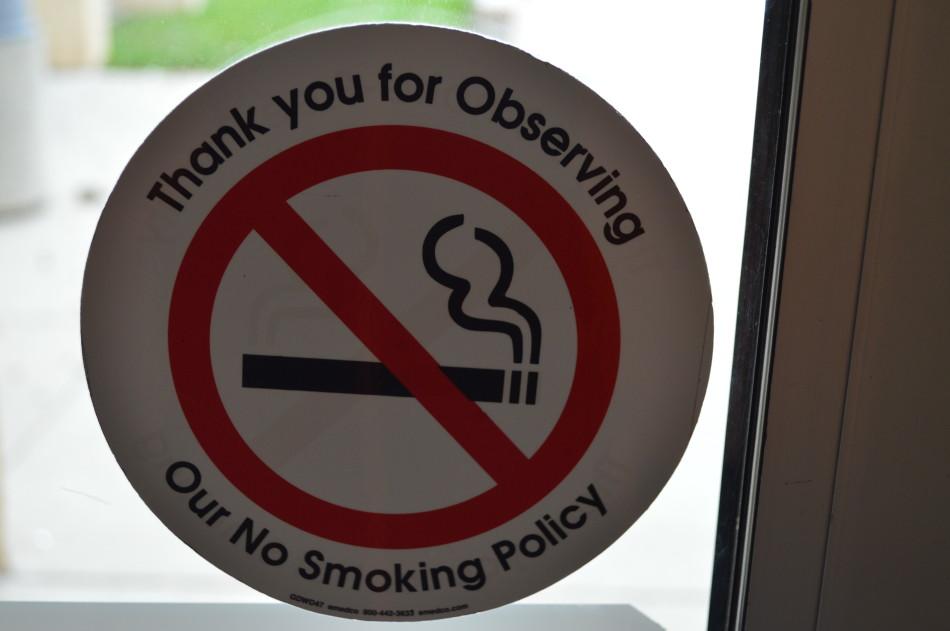The struggle of quitting
Photo By Austin Kintz
Teens have problems quitting due to peer pressure and lack of motivation.
May 6, 2014
Everyone knows that addictions to drugs is real and a very serious matters. However, quitting might be the hardest part of it. Especially in high school, peer pressure can be a major reason students continue their drug-using habits.
According to the National Institute on Drug Abuse, the cost of drug addiction in the United States amounts to more than $600 billion each year in damages, healthcare, law enforcement, subsidized treatment, prevention efforts and more.
Joan Knox is a licensed clinical professional counselor at Breaking Free in Aurora, IL. She also works at Kaneland on Friday’s as a counselor. At Breaking Free, they work towards a common goal of healthy, drug-free community.
“The first thing teens need to do is to get an assessment to determine the extent of their addiction,” Knox said.
Smoking, one of the most common addictions, is statistically one of the hardest things to quit. Only four to seven percent of smokers are able to quit smoking on any given attempt without medicines or other help, according to the American Cancer Society.
Prescription drugs are one way to stop the addiction and move on in life. Taking nicotine replacement therapy along with the medicine is also beneficial. Studies have reported that about 25 percent of smokers who use medicines can stay smoke-free for over six months. Although quit- smoking programs are great for morale boosts and have some benefits, they have low success rates compared to the medicine treatment. Supportive therapies can increase the chance of quitting even more.
Knox’s preference of treatment is cognitive behavior therapy especially for substance abuse. Education is also very important
According to Knox, one thing blocking a teen’s way on their path to quitting is motivation.
“Sometimes the motivation is just not there or not strong enough for them to see the problem,” Knox said.
Gateway Foundation Alcohol and Drug Treatment Centers have multiple locations throughout Chicagoland, including Aurora. They offer a full continuum of substance abuse treatment for adults and teens. Gateway workers customize treatment plans through evidence-based practices to lead individuals to a successful recovery.
“The quitting process is up to the client. The expectations are anywhere from three to six months, but it can take a year or more. It’s all in the motivation or willingness of the client,” Knox said.




